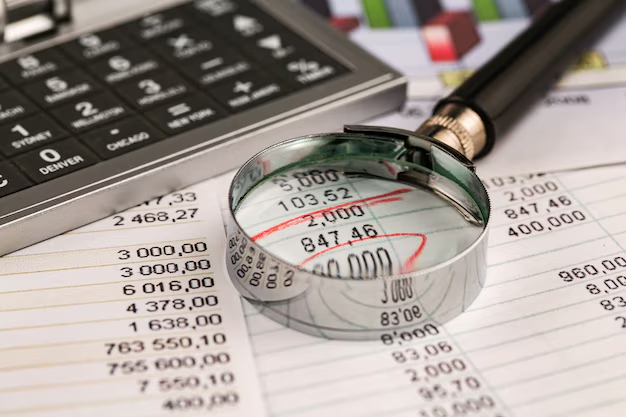Your Guide to How Is Capital Gains Tax Calculated
What You Get:
Free Guide
Free, helpful information about Capital Gains Tax FAQ and related How Is Capital Gains Tax Calculated topics.
Helpful Information
Get clear and easy-to-understand details about How Is Capital Gains Tax Calculated topics and resources.
Personalized Offers
Answer a few optional questions to receive offers or information related to Capital Gains Tax FAQ. The survey is optional and not required to access your free guide.
Understanding Capital Gains Tax: A Detailed Guide to Calculation
Navigating the intricacies of taxes can often feel overwhelming, especially when dealing with capital gains tax. Whether you're selling a property, trading stocks, or simply trying to make sense of your tax obligations, understanding how capital gains tax is calculated is crucial. This guide will provide you with a comprehensive, reader-friendly approach to demystifying capital gains tax, exploring its nuances, and offering clarity on related subtopics.
💡 What Is Capital Gains Tax?
Capital gains tax is a levy on the profit realized from the sale of a non-inventory asset that was higher than the amount you spent to acquire it. These assets can include stocks, bonds, real estate, and valuable collectibles. Understanding the specifics of how this tax is calculated helps taxpayers navigate their financial responsibilities with confidence.
Types of Capital Gains
There are two types of capital gains, each with different tax implications:
- Short-term Capital Gains: These occur when you sell an asset you've held for one year or less. They are typically taxed as ordinary income.
- Long-term Capital Gains: These apply when an asset is held for more than a year before selling. They are usually taxed at reduced rates compared to short-term gains.
📊 How to Calculate Capital Gains
To calculate capital gains, you'll need to determine the difference between the selling price and the purchase price of your asset, known as the basis. Here's a simplified process:
- Determine the Basis: This usually includes the original purchase price plus associated costs like improvements and selling expenses.
- Calculate the Selling Price: Include any commissions or fees associated with the sale.
- Subtract the Basis from the Selling Price: The result is your capital gain or loss.
What You Get:
Free Capital Gains Tax FAQ Guide
Free, helpful information about How Is Capital Gains Tax Calculated and related resources.

Helpful Information
Get clear, easy-to-understand details about How Is Capital Gains Tax Calculated topics.

Optional Personalized Offers
Answer a few optional questions to see offers or information related to Capital Gains Tax FAQ. Participation is not required to get your free guide.


Discover More
- Do Capital Gains Affect Tax Bracket
- Do I Have To Pay Capital Gains Tax
- Do I Have To Pay Capital Gains Tax Immediately
- Do You Pay State Tax On Capital Gains
- Does Florida Have Capital Gains Tax
- Does Kamala Harris Want To Tax Unrealized Capital Gains
- Does Texas Have Capital Gains Tax
- Does Wyoming Tax Capital Gains
- How Avoid Capital Gains Tax
- How Can I Avoid Paying Capital Gains Tax
